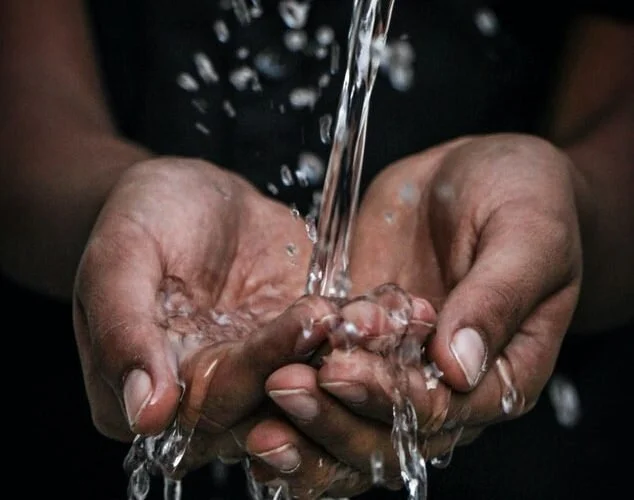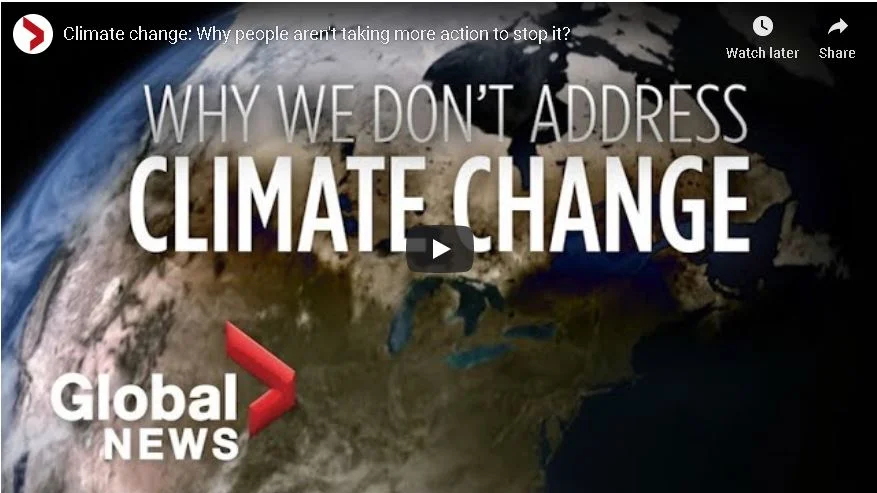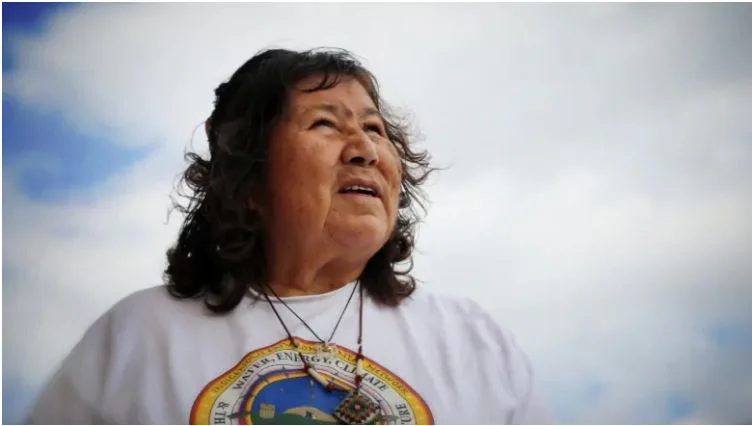Rivers are the veins of Earth through which nourishment flows—to both the natural and human worlds. They cradle vibrant ecosystems and sculpt our landscapes. They are the living henges we build so much culture, recreation, and commerce around. And their clarity, or lack thereof, points to their health, or lack thereof. And in many ways, our rivers’ health mirrors that of our own. In the expansive lands of Canada, many flow hale and lucid.
Why Indigenous Guardians are key to Canada's climate future
In a section focused on biodiversity and the climate crisis, the 2021 federal budget shared in April contained a clear line: “Support Indigenous Guardians.” It was an explicit reference to the Guardians programs caring for lands across the country. The Indigenous Leadership Initiative (ILI), which bolsters Indigenous nationhood and culture via land stewardship and care, helps support the growing Guardians movement.
Thirsting for Solutions
As of June 2012, there were 146 First Nations communities in Canada under a long-term Drinking Water Advisory. Drinking Water Advisories are created when the water in a community is deemed unacceptable based on the Canadian Drinking Water Guidelines which set basic parameters for clean, safe drinking water. A long-term drinking water advisory is one that has remained in place for at least one year. Some of these communities had been living under an advisory for over 20 years. First Nations communities are disproportionately affected by water quality problems as a result of longstanding water resource management issues and colonial practices of the province. The federal government has a goal to end all long-term drinking water advisories on public systems on reserves by March 2021. Since November 2015, 88 have been lifted, however 61 remain.
‘Water is life’ teaches new Syilx children’s book series
A new children’s book series by a Syilx and Nlaka’pamux author is teaching kids about the importance of water as a living entity and how to protect it. “It was significant and important for me to write this series because water is life. I wanted to create awareness of water practices and policies, to ensure that it’s protected,” says author Harron Hall. The four-book series, titled Follow the Water, will launch on Feb. 5, and marks Harron’s publishing debut.
Water shortages and yearly floods: Canada won’t escape climate crisis, UN report says
Damage to Earth’s oceans and glaciers from climate change is outpacing the ability of governments to protect them, a new report from an international scientific panel concludes. “The capacity of governance systems in polar and ocean regions to respond to climate change impacts has strengthened recently,” says the Intergovernmental Panel on Climate Change. “But this development is not sufficiently rapid or robust to adequately address the scale of increasing projected risks.”
Laced with fear: why some Ontario First Nations don't trust tap water or eat the fish
Water is something most Canadians take for granted. We have so much of it, it's no wonder. Per capita, our country has the world's third-largest freshwater reserves, but yet in many Indigenous communities, water can be difficult to access, at-risk because of unreliable treatment systems, or contaminated. That's the case in Delaware First Nation, an Indigenous community of about 500 people an hour southwest of London, Ont., a place where fishing was everything 60 years ago.







